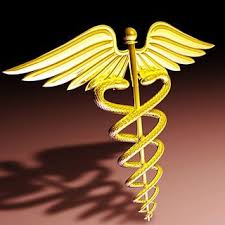 African nutmeg is the aromatic seed of the plant called
Monodora myristica, which is a tropical tree
African nutmeg is the aromatic seed of the plant called
Monodora myristica, which is a tropical tree
In Nigeria, African nutmeg is used as a spice to cook soups,
pepper soups and other foods. The seeds are the most important part of the tree
because of their aromatic fragrance and flavour.
African nutmegs contain essential oils which are responsible
for their aromatic properties. Like all spices, they also contain antioxidants
with anti-inflammatory properties. Locally, the seeds are used medicinally in
the following ways;
- They are used to resolve digestive issues like constipation and diarrhea.
- They are used as digestive aids because of their stomachic properties.
- They are used to relieve body aches and headaches.
- They are used as insect repellents on the body for getting rid of lice and fleas infestation.
- They are part of local medicine used for treating rheumatism, arthritis and other chronic inflammatory conditions.
- They are used externally to treat sores.
- They are included in some herbal mixtures used to treat sickle cell anemia.
- They are part of the ingredients of a special pepper soup that is prepared for women who just delivered babies.
- They are used to treat pains due to feverish conditions.

Culinary spices not only add to the taste of food but also
have lots of phytonutrients with properties which promote good health and are
beneficial to well-being with virtually no side effects.
To obtain the best aroma from African nutmeg seeds, it is
best to roast them before using.
Let us know below what African nutmeg seeds are used for
medicinally in your locality. Follow on Twitter @heal2bwell for updates.




























